Chinese shoppers are responsible for a third of global luxury sales, which translates to over $7 billion a year.
As of 2024, luxury brands in China are adopting several innovative e-commerce strategies to stay competitive and cater to the evolving market.
Need a cost effective TP (Tmall Partner) to sell in China?
We are an Official Tmall Partner e-commerce Agency. Our Services: E-Commerce, Search Engine Optimization, Advertising, Weibo, WeChat, WeChat Store & PR.
7 top strategies:
- Social Commerce : Luxury brands are increasingly integrating with Social media Like Xiaohongshu (Little Red Book) and WeChat.
- Personalized Online Shopping Experiences: Creating personalized online experiencesis crucial.
- Livestreaming : The use of livestreaming has become prevalent among luxury brands for product launche
- Transparency: Emphasizing sustainability and transparency in marketing and product development.
- Storytelling s: Focusing on digital storytelling and Brand Narrative to connect emotionally with consumers.
- Services: For example offering online-to-offline (O2O) services like online order and in-store pickup, and vice versa.
- Exclusive eDeal via Douyin : Providing exclusive products or collections only available through the brand’s online channels can attract online shoppers and create a sense of uniqueness and urgency.
With the increase in disposal revenue, we can predict that Chinese shoppers will account for half of all luxury spending by 2025. The global personal luxury goods market is expected to grow from 2,406 billion RMB in 2018 to 3,117 billion RMB in 2025 (a roughly 4% annual growth rate Chinese people represent the biggest group of luxury consumers worldwide. Within them, Chinese Consumers aged 23 to 38, who account for roughly 70 percent of luxury sales are willing to spend on luxury brands, and are financially able to do so, and no other luxury market in the world is younger or more digital.
What’s Powering China’s Market for Luxury Items?
Chinese consumers are still hungry for Foreign Luxury Goods
Chinese millennial consumers are highly educated, and very familiar with digital tools what makes them highly empowered. Nowadays, traditional market research is a waste of money in China because surveys focus on too few cities because Chinese millennial consumers are already well informed about luxury and eager to embrace innovative trends, such as the convergence of high fashion and sportswear.
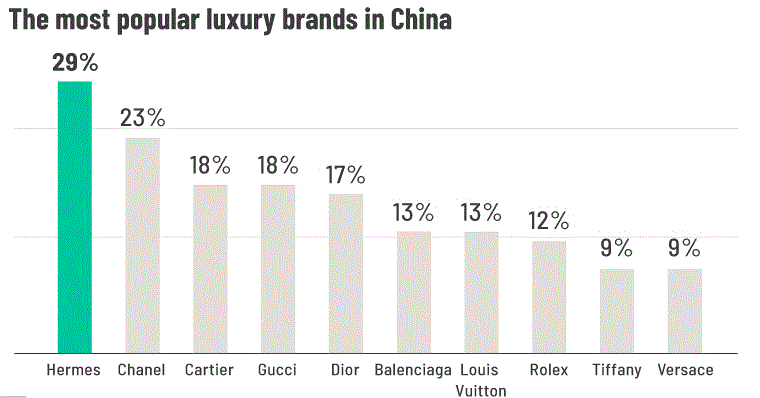
Only real-time consumer measurements of AI-powered social media listening techniques can steer brands accurately in China. Chinese social media networks are firewalled and challenging to analyze, but with the right expertise and machine learning, Luxury brands can correctly observe or analyze data on their Chinese consumers, brand, competition, and more.
Luxury Brands in China need to Localize their Content
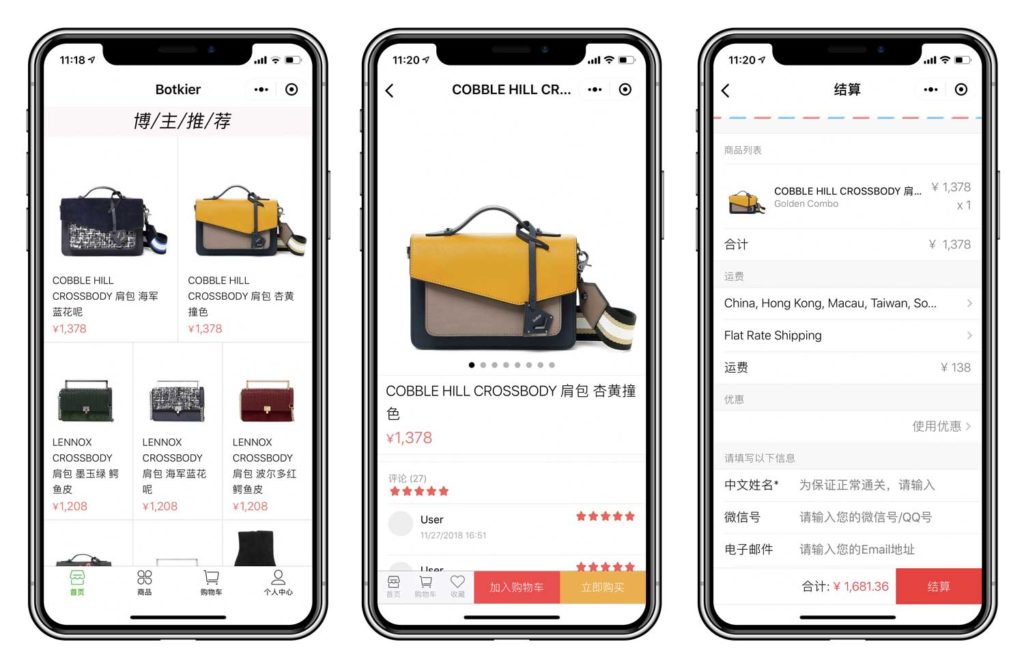
Many Luxury brands fail in China because they convince themselves that the content produced for the rest of the world will also be relevant in the mainland. Aside from the content itself, brands must consider the importance of Chinese key opinion leaders (KOL) and influencers, given that they help brands successfully engage with potential customers on local social media platforms like WeChat.
Sometimes, western companies waste millions of dollars with “classic” advertising in China instead of fully embracing digital strategies that produce a measurable ROI. Creating the wrong type of content not only wastes money but also can ruin your brand’s reputation and has led to any significant sales.
Trust the power of Luxury brands in China
Chinese consumers love Luxury brands because they identify with them. That’s why brand storytelling is much more powerful in China than in any other place in the world. Luxury brands should create a more end-to-end brand experience for Chinese consumers. That requires a thorough brand audit, a positioning exercise, and a customer journey assessment.
Winners strive to enhance their access to consumers through digital and influencer marketing, often attracting millennials with younger and more casual collections. Without authentic and rich brand storytelling at each interaction point, luxury brands will lose the Chinese consumer, without exception.
Digitalization of the Chinese Market
Some luxury brands have a CRM (customer relationship management) system, but they do not use their most valuable asset: data about their consumers. And by not using their data, they are not servicing their consumers sufficiently. Brands should be more digital, in order to create great consumer experiences. Everything MUST be digital there, in fact, digitalization covers both e-commerce and consumer engagement through digital platforms, in terms of engaging customers.
Over the years, luxury brands learn more about how to integrate online and offline sales, how to use digital engagement campaigns to get customers into their stores, and how to improve the in-store experience.
Douyin, the Video APP for luxury brands
Luxury brands can leverage Douyin, the Chinese counterpart of TikTok, in various ways to enhance their e-commerce strategies. Here are seven effective methods:
- Collaboration with Influencers (KOLs/KOCs): Chine = influencer world 🙂 … yes the Key Opinion Leaders (KOLs) and Key Opinion Consumers (KOCs) on Tiktok Douyin for product endorsements and reviews. These influencers can create authentic content that resonates with their followers, driving brand awareness and sales.
- Exclusive Product Launches and Teasers: Using Douyin to launch exclusive previews or limited edition products. This creates buzz and exclusivity around the brand, attracting more viewers and potential buyers.
- Interactive Livestreams: Hosting live streaming events for product showcases, behind-the-scenes looks, or interactive Q&A sessions. Livestreams can engage customers in real-time, offering a more immersive brand experience.
- Storytelling through Short Videos: Crafting compelling narratives around the brand’s heritage, craftsmanship, and values through short, engaging videos. This approach helps in building a strong emotional connection with the audience.
- Hashtag and Challenges: Creating branded hashtag challenges that encourage user participation and content creation. This not only boosts engagement but also increases user-generated content and brand visibility.
- Virtual Showrooms : Implementing augmented reality (AR) features and virtual showrooms on Douyin to offer an immersive shopping experience . Chinese Customers can virtually try on products or explore collections in a digitally enhanced environment. It is Cool 🙂
- Data-Driven Marketing: Use Douyin’s analytics tools to gather data on customer preferences and behavior. This is a information , and can be used for targeted marketing campaigns and to refine product offerings.
Luxury Brand in China can’t cheap out on their Marketing Budget
For many luxury companies, China has become their biggest headache. Launching in China without a real budget and just hoping you’ll attract hundreds of millions of millennials in China is another way to fail. Western brands in China with bad economics, unprofitable store locations, and expensive overhead costs will infinitely guarantee a big failure. Luxury brands should invest in the perfect launch, after thorough brand and strategy development.
- Little Red Book: Luxury brands are increasingly integrating their e-commerce presence with popular social commerce platforms in China, like Little Red Book or weibo/ WeChat. These platforms offer unique opportunities for brands to engage with consumers through social interactions, influencer partnerships, and content marketing.
- Personalized Online Shopping Experiences: Creating personalized online experiences through AI and data analytics is crucial. This includes offering personalized product recommendations, bespoke customization services, and virtual try-on features, which enhance customer engagement and satisfaction.
- Livestreaming & KOL: The use of KOL in China or livestreaming has become commun in the luxury industry, introduce collection, fashion shows or exclusive events, and real-time interaction with customers. This approach helps in creating an immersive shopping experience.
- PR & Media : Focusing on digital storytelling to enhance brand image and connect emotionally with consumers. This involves creating compelling narratives around the brand’s heritage, craftsmanship, and exclusivity.
brands need to rethink their approach when it comes to understanding China and its millennial consumers. They need to become consumer-centric, meaning that they must create relevant content and build a strong brand identity.
Luxury Brands in China should focus on the Online Channels
channels like Tmall flagship stores and WeChat commerce give brands some control while allowing them to benefit from the platform’s steady flow of traffic. Aggregators such as JD.com’s Toplife and Tmall’s Luxury Pavilion enable brands to outsource the responsibility of building and operating high-traffic channels. Finally, luxury vertical sites such as Secoo and Mei.com make it possible to move goods at a discount.
That requires a strong story and a rigorous customer journey design. They also need to become digital: If they think they are already digital, then they need to become even more digital. And they definitely can’t launch in China without investing first. This is the only way to have a chance at success in this highly competitive market.
Are you interested to promote your Luxury brand in China, and learning how you can target Chinese consumers digitally? You are welcome to call us for a friendly discussion and learn about your brand’s prospects in the Chinese E-commerce market.
Our Digital Marketing agency provides international brands with tools that are optimal to unlock this enormous market to earn their full potential. If you are interested in exploring Chinese Digital E-Commerce platforms, reach out to us for customized advice.


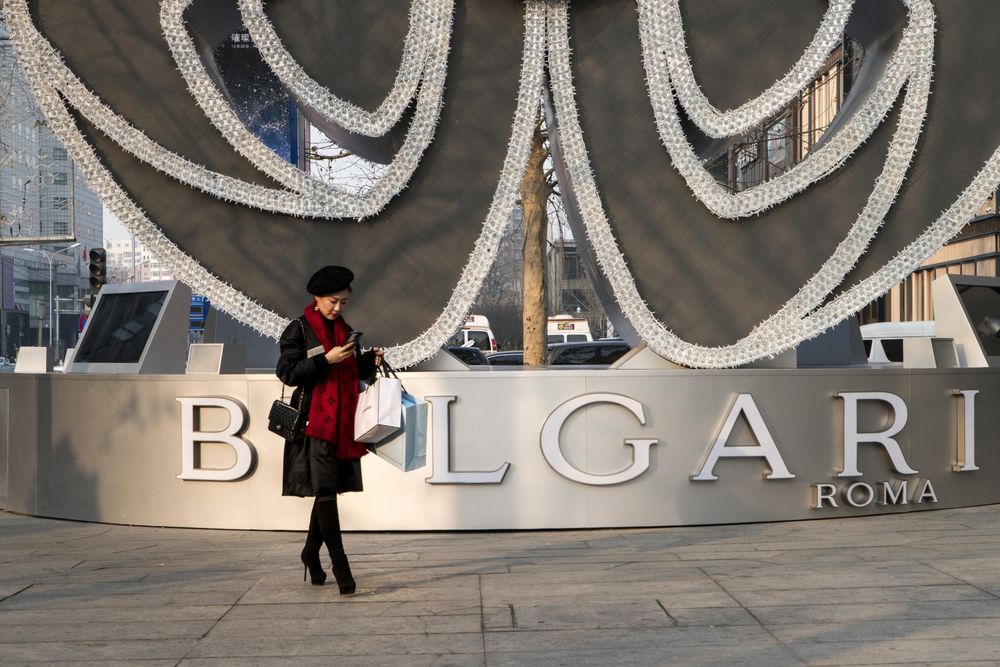

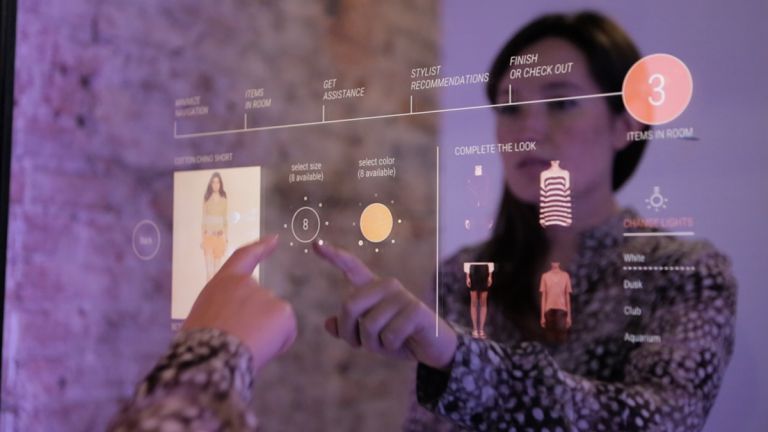



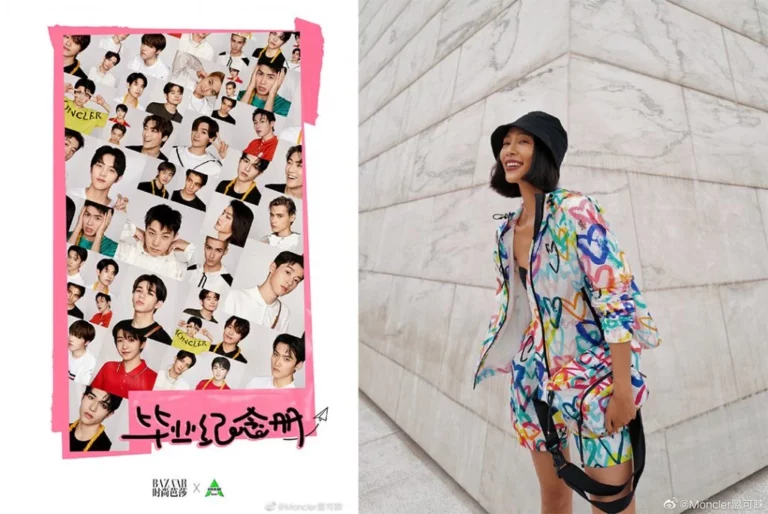


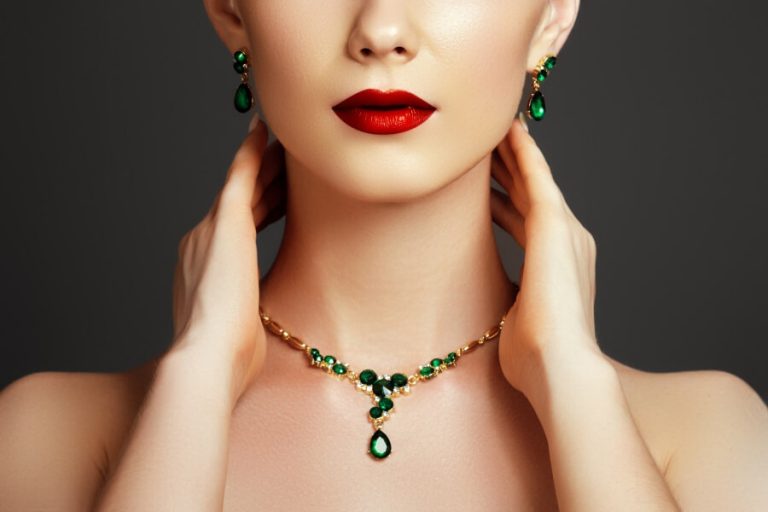
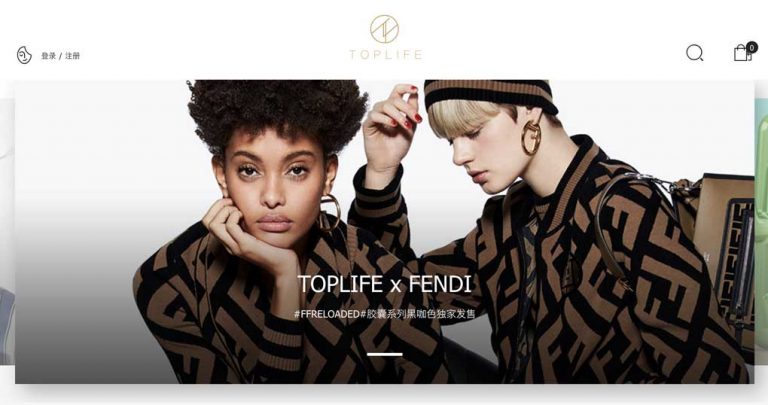

Super good article. I realy like your website .
Social Media is really important, that s obvious.